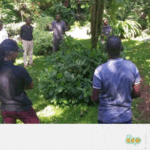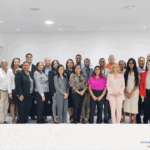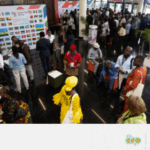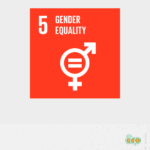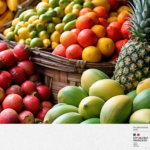COLEAD’s Workshop on Enhancing Plant Protection Skills
- 30/01/2024
- Posted by: Sandra Borma
- Category: News
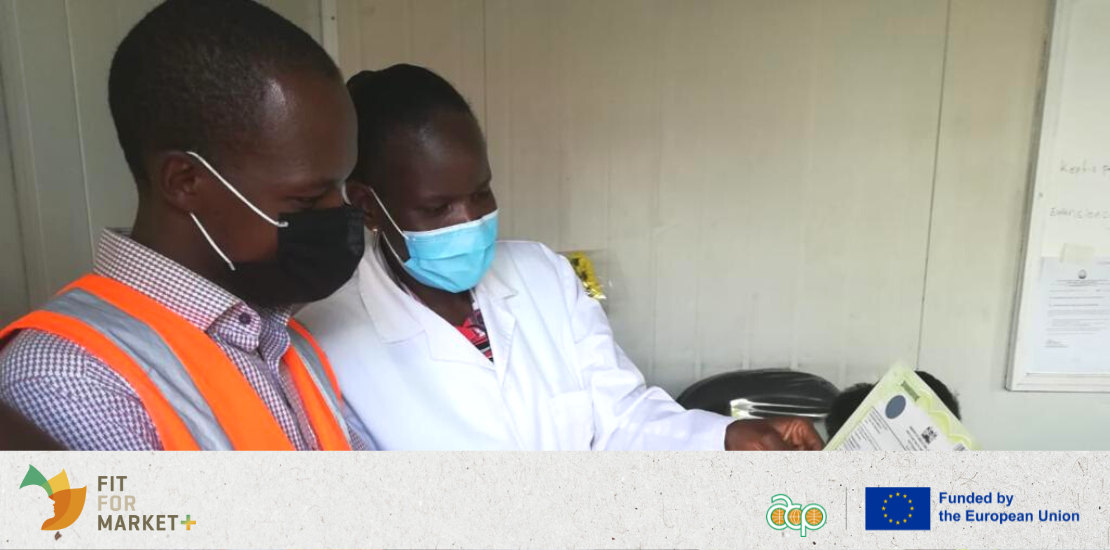
COLEAD recently organised a workshop titled “Sampling and Methods for Detecting Harmful Organisms in Fresh Fruit and Vegetable Exports to the EU.” This collaborative effort, facilitated by seasoned experts, successfully enhanced the competencies of 96 phytosanitary inspectors from 26 countries across Africa, the Caribbean, and the Pacific.
The workshop included an English session with 50 participants from 15 countries and a French-speaking session with 46 participants from 11 countries. Introducing the nuanced concepts of Risk-Based Sampling (RBS), the workshop equipped inspectors to refine sampling methodologies within their respective organizations. Upholding principles of fairness, technical justification, and consistency, participants are now positioned to make positive contributions to the field of plant protection.
Conducted throughout November and December, the workshop served as a period of fruitful collaboration. It provided a platform for collective commitment to championing the cause of the International Plant Protection Convention (IPPC) and the WTO-SPS Agreement.
As we reflect on this concluded endeavor, we affirm our dedication to nurturing a resilient and secure global trade in fruits and vegetables. Many thanks to the experts Babacar, Stephen, Emmanuel, and Neakoh for their excellent work.
Participant Testimonial:
“We, as participants from Suriname, have learned a lot from the workshop and have gathered sufficient information on how to conduct sampling and establish a sampling plan that can be applied within our organization. Any unclear information was explained in considerable detail, enhancing our understanding of the topic. Sharing opinions and experiences with colleagues from various countries worldwide and learning about the differences in their sectors and situations compared to ours, has made the workshop a success for us. We hope for more such workshops in the future, providing opportunities for learning, growth, and improvement.”
This activity is supported by the Fit For Market Plus (FFM+) programme, implemented by COLEAD within the Framework of Development Cooperation between the Organisation of African, Caribbean and Pacific States (OACPS) and the European Union. This publication receives financial support from the European Union and the OACPS. The content of this publication is the sole responsibility of COLEAD and can in no way be taken to reflect the views of the European Union or the OACPS.

